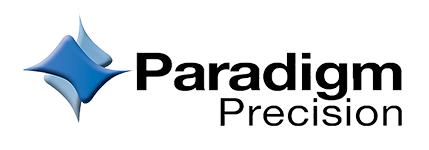Health Savings Accounts (HSA)
Health Savings Accounts, or HSA’s, are like personal savings accounts, but the money in them can only be used for IRS qualified medical expenses including medical, dental and vision expenses. You – Not your employer or insurance company – own and control the money in this account. Note to self: the money you deposit is not taxed.
Who can set up a Health Savings Account?
Be enrolled in a qualified High-Deductable Health Plan (HDHP)
Not be claimed as another person’s tax dependent
Those enrolled in the Medicare CANNOT contribute to an HSA. (if you are collecting Social Security, you are likely enrolled in Medicare. If you are unsure, contact the Centers for Medicare Services at 1-800-MEDICARE or access medicare.gov and then check “Your Enrollment Toll”)
Not be enrolled in a general-purpose Flexible Spending Account (FSA), but a limited purpose FSA may be available to you.
Your employer contributes up to $500 for employee-only coverage and up to $1,000 for Employee + Dependent(s). A portion of these funds is earned by completing wellness incentives.
HSA’s Are Triple Tax Free!
All contributions are tax free to you, regardless of sources. That means withdrawals for qualified expenses are tax free and interest accumulates in your account tax free.
You Own Your HSA!
Unused funds rollover from year to year and belong to you. Use the funds to pay for the qualified expenses or let the money grow. Your account is portable to you and you are in control of the expenditures.
Tip:
For 2022, the IRS limits are $3,650 for individuals and $7,300 for family coverage. You are responsible for knowing the rules and keeping accurate records (save your receipts!). You will receive annual form 1099SA and 5498SA from the bank in order to report your contributions, earnings, and distributions on your individual tax return.
